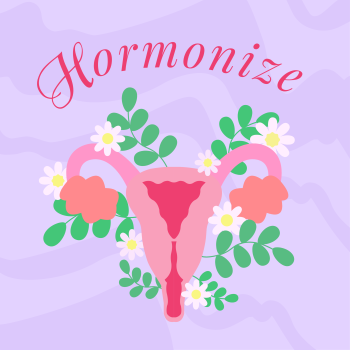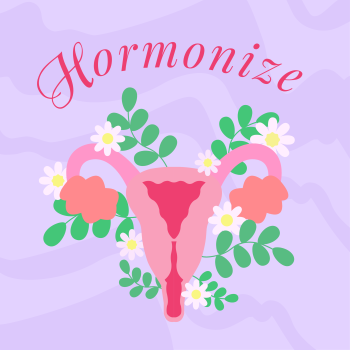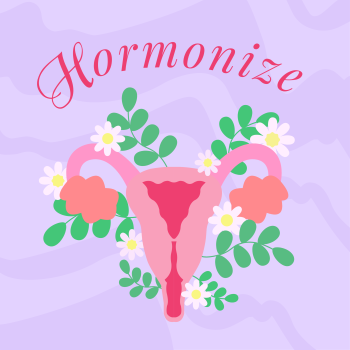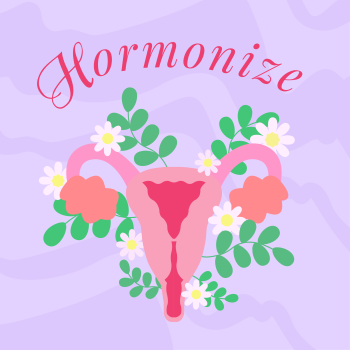






|
Though before Busan, INC-5.1 had a lot of momentum for member states to agree on a legally binding treaty on plastic pollution, talks stalled. While most of the world is pushing for strong measures to reduce plastic production and eliminate toxic plastic chemicals, progress is stalled by the fossil fuel industry and its allies; keeping the plastic pipeline open at the expense of human health and of the environment. And here we are again in Geneva for INC-5.2, the final frontier of negotiations for a Global Plastics Treaty.
Meanwhile, the tide of plastic keeps rising. Every delay means more plastic in our oceans, more toxins in our bodies, and a harder fight to reverse the damage. Imagine standing at the mouth of an Ocean on the coast of East or West Africa, watching as waves of plastic waste and toxic chemicals wash up onshore; a crisis that threatens marine life, human health and entire ecosystems. Thus, a Global Plastics Treaty is urgently needed to reduce and mitigate this crisis. Well, international treaties often take years to be agreed due to complex negotiations between countries with different priorities. And despite not reaching its 2024 target, the INC momentum remains.
Each round of negotiations has gone deeper into the key issues. And at INC-5.1, countries made it clear where their red lines are. For instance, East and West Africa made a joint statement calling on addressing the problem at national level. Stressing that, addressing plastic pollution with downstream solutions only (e.g. recycling, compostability, biodegradability) will not be sufficient on their own. Limits need to be placed on production, consumption and pollution management to reduce the mounting pressure on natural ecosystems and human health. By designing systems that reduce resource use, prolong product lifespans, and promote reuse and repair, is the definition of the circular economy for plastic, which offers part of the solution. |





The content of terrampacis.org domain is controlled and managed by TERRAM PACIS based at Edvard Storms gate 2, 0166 Oslo. We value your privacy and the privacy of the information we collect from you when using our websites.
This privacy notice was updated on 10.02.2026. Therefore, if you decide to use our websites and the provided services, it implies that you agreed with this privacy notice. Otherwise, please do not use our websites and the provided services.
When we make new amendments to this privacy notice, the amended notice is posted hereon. Therefore, the continued use of our websites and provided services, implies that you agreed with the new amendments.
We particularly collect information from and about you when you: make a donation, register an account or register as a partner, and when you subscribe to our newsletter. To delete your own data, please go to Delete my account or unsubscribe from our newsletter.
We use cookies on this website. It is a piece of data stored on your hard drive to help us improve your access and your use of our websites' services. If you do not accept this, please do not use our websites and the provided services.
We use reasonable and up to date security methods to protect all the data we collect from you and held by us. However, on the Internet, we cannot guarantee information's absolute security.
Where reasonable we challenge any legal processes seeking access to any data collected from you and held by us. Though in some cases, we may be unable to resist such legal proceedings. In such events, you will immediately be notified.
This privacy notice outlines our information processing practices in relation to you and your personal data and applies when we collect and process personal data from you through our websites or mobile applications. As a user, you have the absolute rights on your personal data and you are free to ask us to update or delete your personal data at any time via info@terrampacis.org.
 Published on 05.08.2025 at 20:33
Published on 05.08.2025 at 20:33